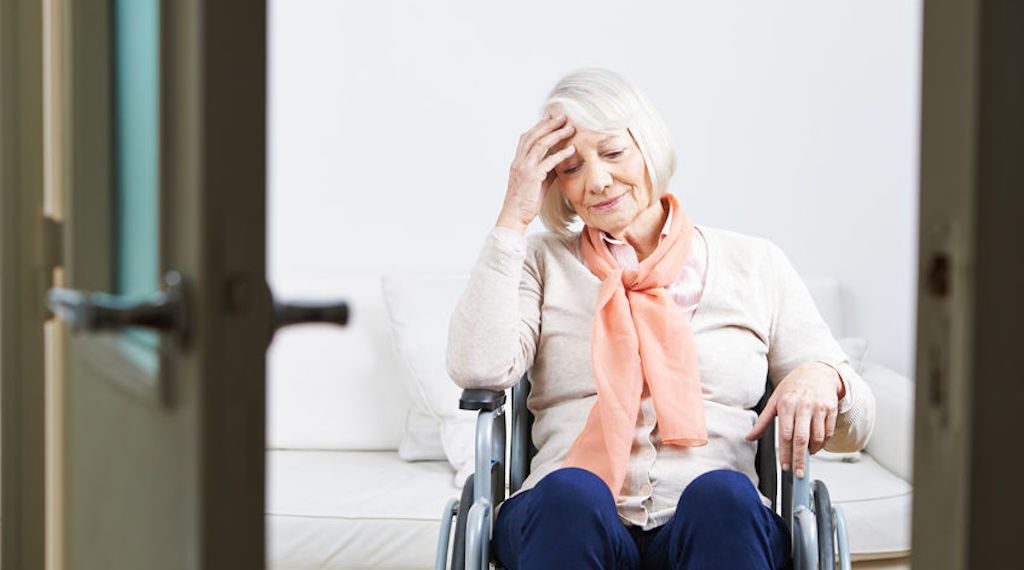(Special thanks to Jake Blumenstock for his persistent editing)
I threw out my back several weeks ago. The spasms were excruciating and relentless, lasting for several days with no relief from the pain. My sons’ jobs and academics have taken them to New Jersey and D.C. respectively, so I live alone. When I stood, moved or changed positions, the spasms were uncontrollable. Driving or making meals for myself was virtually impossible. So, I ordered out, had a bowl of cereal or just didn’t eat because I couldn’t tolerate the pain. I became angry about my limitations and the inability to take care of myself. I finally asked two friends to help me; one took me to the doctor for muscle relaxers and shopped for groceries and the other drove me to an essential client meeting. Finally, I was able to mend with much diligence, stretching and rest. Thankfully, I now feel much better!
For me, this experience helped to underscore our human limitations in a palpable and visceral way. This understanding deepened my compassion for older people secluded in their community or feeling isolated in a long-term care setting. This could easily and quickly become one of us. Can we imagine what it’s really like? Can we put ourselves in the shoes of an older person and feel the loss and loneliness? Could we fathom it?
Our ability to grasp the circumstances of another person puts us in the position to empathize. Try this. Sit down in a chair with no one else around. Step away from your cell phone, computer, TV and music. Do absolutely nothing for five minutes. Use a clock (not your phone) to temper the temptation to jump on the internet. How long does it take for a minute to pass? Two minutes? A second? What if you were confused, had pain or had to go to the bathroom? Would it feel like forever?
As long-term care providers, we have the unique opportunity to gain new and profound ways of understanding another’s circumstances. This can provide relief and reinvigoration; to make our efforts more interpersonal and substantial. Unquestionably, we can change the nature of someone’s very existence as we seek new ways to be compassionate and engage with our residents.


